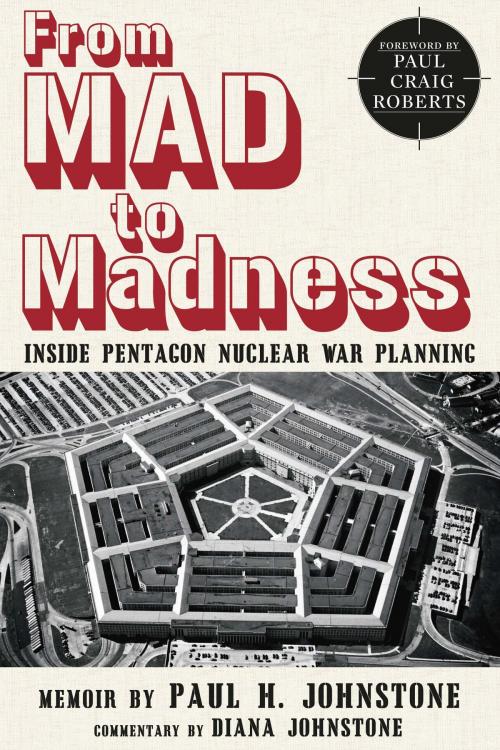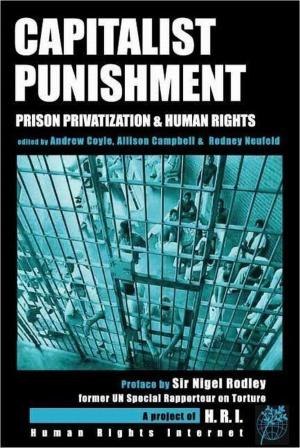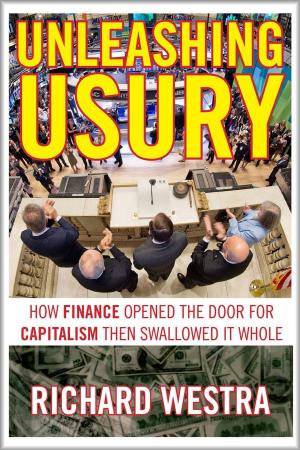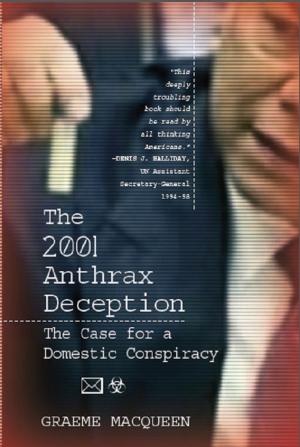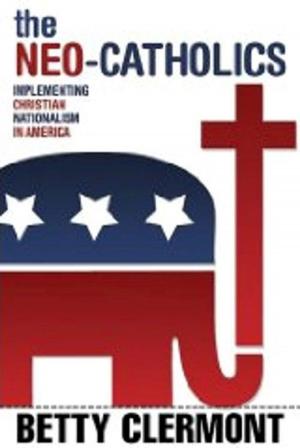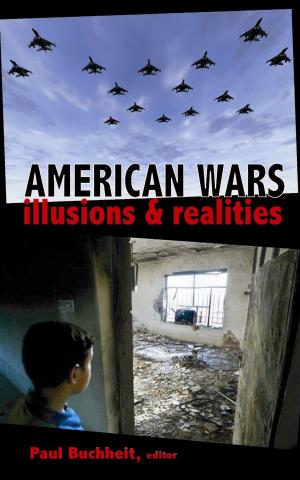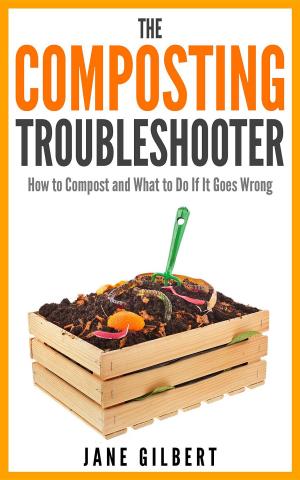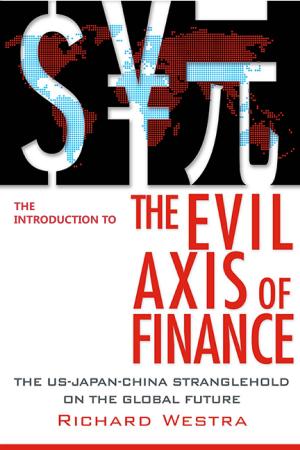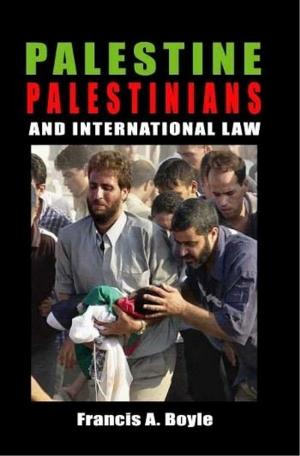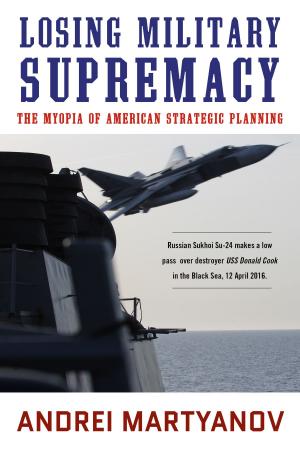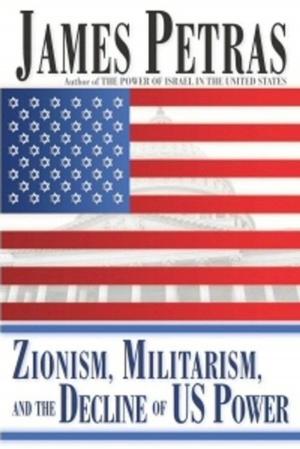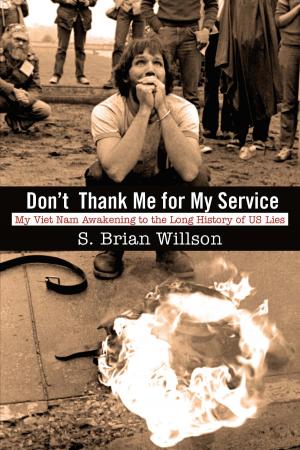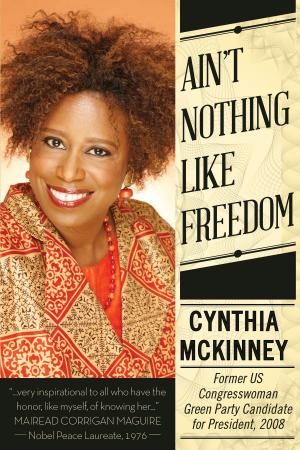From MAD to Madness
Inside Pentagon Nuclear War Planning
Nonfiction, Social & Cultural Studies, Political Science| Author: | Dr. Paul H. Johnstone | ISBN: | 9780997896534 |
| Publisher: | Clarity Press | Publication: | January 20, 2017 |
| Imprint: | Clarity Press | Language: | English |
| Author: | Dr. Paul H. Johnstone |
| ISBN: | 9780997896534 |
| Publisher: | Clarity Press |
| Publication: | January 20, 2017 |
| Imprint: | Clarity Press |
| Language: | English |
This deathbed memoir by Dr. Paul H. Johnstone, former senior analyst in the Strategic Weapons Evaluation Group (WSEG) in the Pentagon and a co-author of The Pentagon Papers, provides an authoritative analysis of the implications of nuclear war that remain insurmountable today. Indeed, such research has been kept largely secret, with the intention not to alarm the public about what was being cooked up. This is the story of how U.S. strategic planners in the 1950s and 1960s worked their way to the conclusion that nuclear war was unthinkable. It drives home these key understandings: • That whichever way you look at it -- and this book shows the many ways analysts tried to skirt the problem -- nuclear war means mutual destruction • That Pentagon planners could accept the possibility of totally destroying another nation, while taking massive destructive losses ourselves, and still conclude that “we would prevail. That the supposedly scientific answers provided to a wide range of unanswerable questions are of highly dubious standing. That official spheres neglect anything near a comparable effort to understand the “enemy point of view, rather than to annihilate him, or to use such understanding to make peace. Dr. Johnstone's memoirs of twenty years in the Pentagon tell that story succinctly, coolly and objectively. He largely lets the facts speak for themselves, while commenting on the influence of the Cold War spirit of the times and its influence on decision-makers. Johnstone writes: Theorizing about nuclear war was a sort of virtuoso exercise in creating an imaginary world wherein all statements must be consistent with each other, but nothing need be consistent with reality because there was no reality to be checked against. While remaining highly secret so much so that Dr. Johnstone himself was denied access to what he had written these studies had a major impact on official policy. They contributed to a shift from the notion that the United States could inflict massive retaliation on its Soviet enemy to recognition that a nuclear exchange would bring about Mutual Assured Destruction (MAD). "From MAD to Madness could not be more timely reading. In it, a former senior Pentagon analyst from the last Cold War comes back from the past to warn us of the disaster we are courting in the new Cold War. We should heed his warning." Ron Paul
This deathbed memoir by Dr. Paul H. Johnstone, former senior analyst in the Strategic Weapons Evaluation Group (WSEG) in the Pentagon and a co-author of The Pentagon Papers, provides an authoritative analysis of the implications of nuclear war that remain insurmountable today. Indeed, such research has been kept largely secret, with the intention not to alarm the public about what was being cooked up. This is the story of how U.S. strategic planners in the 1950s and 1960s worked their way to the conclusion that nuclear war was unthinkable. It drives home these key understandings: • That whichever way you look at it -- and this book shows the many ways analysts tried to skirt the problem -- nuclear war means mutual destruction • That Pentagon planners could accept the possibility of totally destroying another nation, while taking massive destructive losses ourselves, and still conclude that “we would prevail. That the supposedly scientific answers provided to a wide range of unanswerable questions are of highly dubious standing. That official spheres neglect anything near a comparable effort to understand the “enemy point of view, rather than to annihilate him, or to use such understanding to make peace. Dr. Johnstone's memoirs of twenty years in the Pentagon tell that story succinctly, coolly and objectively. He largely lets the facts speak for themselves, while commenting on the influence of the Cold War spirit of the times and its influence on decision-makers. Johnstone writes: Theorizing about nuclear war was a sort of virtuoso exercise in creating an imaginary world wherein all statements must be consistent with each other, but nothing need be consistent with reality because there was no reality to be checked against. While remaining highly secret so much so that Dr. Johnstone himself was denied access to what he had written these studies had a major impact on official policy. They contributed to a shift from the notion that the United States could inflict massive retaliation on its Soviet enemy to recognition that a nuclear exchange would bring about Mutual Assured Destruction (MAD). "From MAD to Madness could not be more timely reading. In it, a former senior Pentagon analyst from the last Cold War comes back from the past to warn us of the disaster we are courting in the new Cold War. We should heed his warning." Ron Paul
